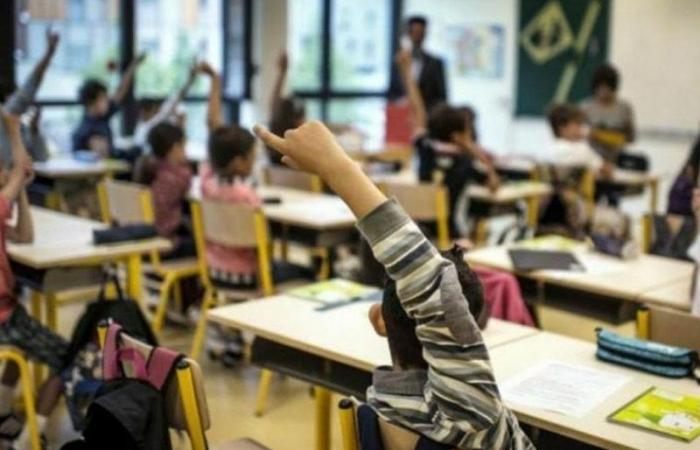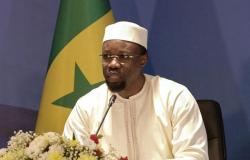After the issues raised concerning Morocco’s lack of a clear decision on the language of instruction and the signs of a return to the French language to the detriment of English, the Minister of National Education, Preschool and SportsMohamed Saad Berradaindicated that his department had taken “several measures aimed at balancing the teaching of languages, whether national or foreign, in accordance with the roadmap for the reform of the education system 2022-2026 ».
This statement was made in response to a written question from MP Ahmed Abbadi, member of the Parliamentary Group for Progress and Socialism (PPS) in the House of Representatives. The question related to the difficulties linked to “lack of clarity on the choice of languages of instruction”. He criticized the ministry’s inability to decide on this crucial question and denounced the decision to reverse the commitment concerning the reinforced introduction of English for the benefit of French, due to agreements signed with the French Agency. development (AFD).
According to the minister, the measures adopted by the ministry have set three main objectives, namely strengthening the basic skills of students, reducing school dropouts and promoting citizenship values. These efforts include a complete review of school curricula and improvement of teaching methods to ensure better language proficiency.
Framework law 17-51, which guides this reform, emphasizes the importance of linguistic plurality and linguistic alternation. This approach aims to diversify the languages of instruction, by integrating the country’s two official languages, Arabic and Amazigh, while strengthening the acquisition of at least two foreign languages. The objective is to enable each baccalaureate holder to master these languages, thus guaranteeing educational consistency across the different school cycles.
As part of the partnership with AFD, the minister announced the signing of a financing agreement to support the 2022/26 roadmap. This agreement, which extends over five years, aims to improve the language skills of students and teachers, particularly in pilot colleges. This program will also make it possible, according to the minister, to fight against school dropouts by strengthening the linguistic bases of students.
The ministry is also working to gradually introduce English into schools. This reform, which begins with the college cycle, provides for the generalization of the teaching of English at all levels of college. New curricula and adapted educational tools are being developed to support this transformation.
At the primary level, an experimental phase was launched at the start of the 2023-2024 school year. English is now taught in sixth grade in 26 establishments in the Casablanca-Settat region, an initiative which could extend to other regions if the results prove conclusive.
Regarding Amazigh, the minister stressed that its teaching will be gradually generalized in all primary schools, including annexes. Coverage is expected to reach 50% of establishments by the 2025-2026 school year.
In addition, digital platforms are made available to facilitate language learning. Thus, Altissia is dedicated to French and English, Alef for Arabic, while a new platform is being developed for Amazigh.
However, the question asked by MP Abbadi also highlighted the perceived contradictions in the ministry’s strategic choices. He recalled that in March 2024, Morocco signed two agreements with the AFD, a loan of 130 million euros and a grant of 4.7 million euros, to finance the reform of the education system. These agreements, concluded on the occasion of the International Day of the French Language, raise questions about the real desire to diversify the languages of instruction.
According to the MP, these initiatives seem to strengthen the preeminence of the French language, to the detriment of previous commitments aimed at introducing English as the main language for the teaching of scientific subjects in high schools by 2030. Such an orientation, has- he added, goes against the objectives of the national pact for education and training as well as the framework law, which advocate a balanced and multilingual approach.
Faced with these criticisms, the Ministry of National Education is called upon to clarify its linguistic vision to meet citizens’ expectations and align its actions with the reform ambitions expressed in national strategic frameworks.






